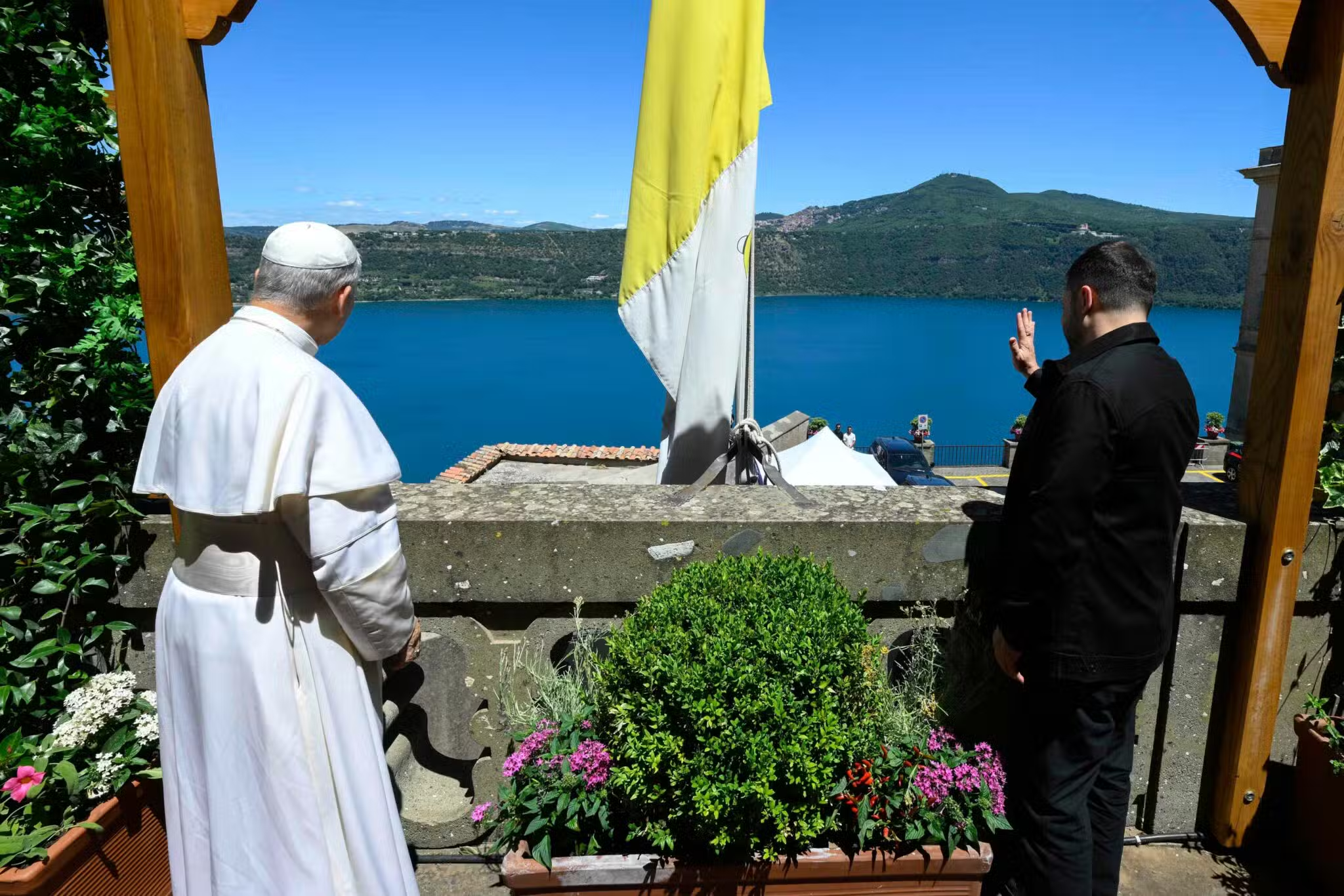I was late in discovering 1963’s Lilies of the Field, but it’s become a favorite of mine. In it, Sidney Poitier plays Homer, a jack-of-all-trades who stumbles upon a community of nuns in the Arizona desert. Mother Maria, who leads the sisters, convinces Homer to repair the roof. Expecting to be paid for his work, he starts a verbal wage war with the headstrong nun by citing Luke 10:7: “For the laborer deserves his payment.” Mother Maria’s rebuttal, also from Luke, is pure cinematic gold: “Consider the lilies of the field, how they grow; they toil not, neither do they spin. And yet I say unto you that even Solomon in all his glory was not arrayed like one of these.”
The tension is comedic at its heart, but when I think about it, both characters are right. Homer completed his job and deserved to be paid. But the lilies of the field perform an important job every day and ask for nothing: They are content to be. It’s a sweet scene between two opposing forces.
Labor Day, at its heart, should be a time to relax and reflect. Much as I try to keep my mind off work and enjoy the day, it is a challenge for me. Smartphones and their notifications make a full extraction from the job, even for a day, a job itself. Perhaps I’m thinking too literally, not broadly enough. Labor Day asks that we reflect on our own work, yes, but also on the work of those around us. And it is a day when I always think of St. Francis.
Our Call to Action
What I appreciate about Francis is that he could be a restless spirit. He longed for quiet, but he also seemed to wrestle with kinetic energy. I can relate. One of my favorite stories is when he found the ruins of the San Damiano Chapel. While he was deep in prayer, a voice told him to rebuild the church. Dutifully, Francis began collecting materials to repair it.
As a young man who came from a family of means, I wonder if this brand of skilled trade came naturally to him. Did he struggle? As he set about rebuilding the walls of the chapel, did the heat make his work a greater challenge? Did he have words with “Brother Sun”? Regardless, I appreciate his resolve.
I also love that Francis was so literal: When he heard the call to rebuild the church, God meant the worldwide Church—not a rundown chapel. Suddenly, he had a bigger job on his hands. He spent the rest of his life doing this work. But it wasn’t just fortifying the worldwide Church. It was making sure that all of God’s people were invited through its doors—not only a select few.
That message spread. Centuries later, Pope Paul VI coined the now-famous phrase, “If you want peace, work for justice.”
It’s a call to action so inherently Franciscan it could have been penned by the Poor Man himself. And while our nine-to-fives are essential for sustaining our lives, our greater mission mirrors St. Francis’: to rebuild the kingdom of God on earth. And it’s work that does not always recognize a Sabbath break.
Love’s Labor
My first job was at a grocery store. As a teenager, it never occurred to me that the items within the store had journeys far more treacherous than I could imagine. The groceries on the shelves were the fruits of labor from the farmers who grew them, the processors who packaged and prepared them, the drivers who delivered them over great distances. Many hands made it possible. And many, you must believe, work under harsh conditions and for little pay. Justice aside, it’s profound to think about: One cartful of food reflects the work of many people doing different and often dangerous jobs.
Now that I am older, I give more thought to the work of others. From the people who fix my car, to those who repair the roads on which I drive; from the cooks who make the food, to the servers who bring it; to teachers and nurses and social workers and carpenters: All of them contribute a thread to the tapestry. They each lend a hand to making our country function.
This Labor Day, maybe every day, I will say a prayer for these unsung heroes. I will pray that my own work—insignificant as it is—might somehow go toward building a more just world. St. Francis didn’t start that work in his day. He simply started his shift. Ours begins now. Let’s get to work.








